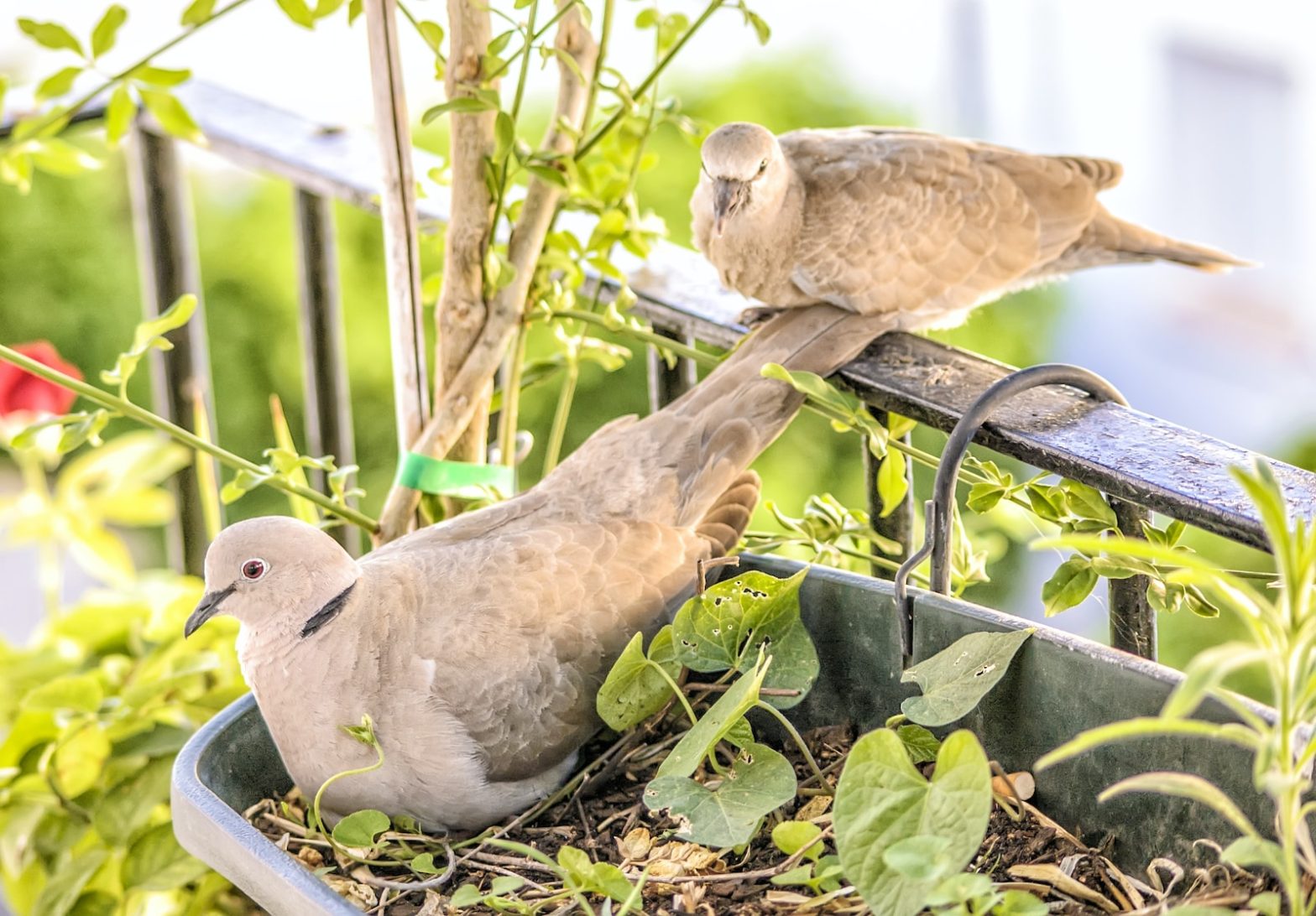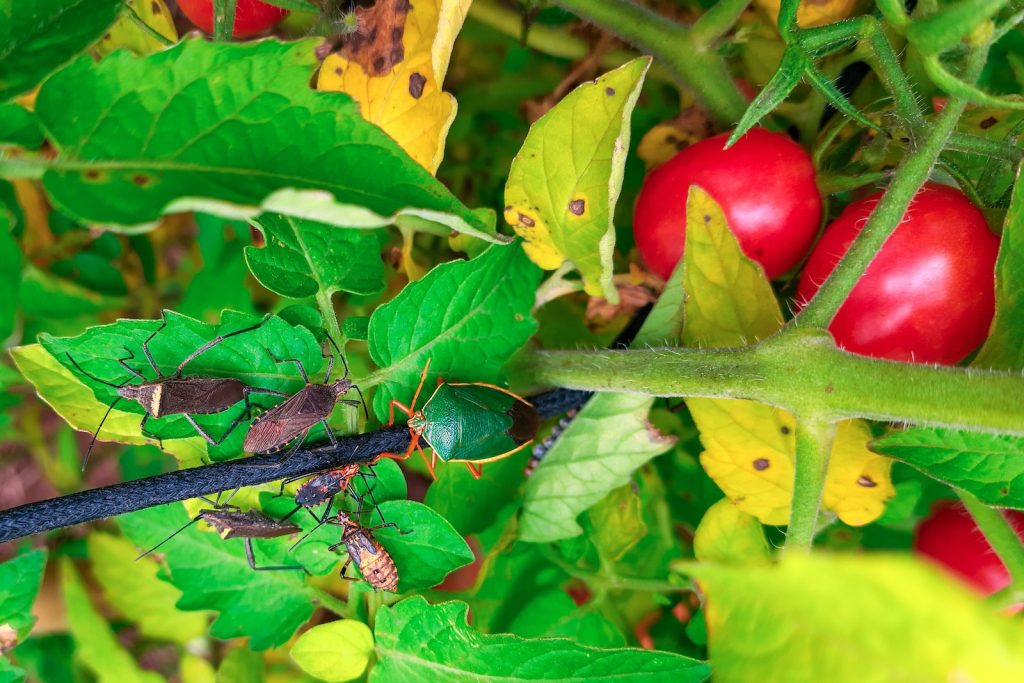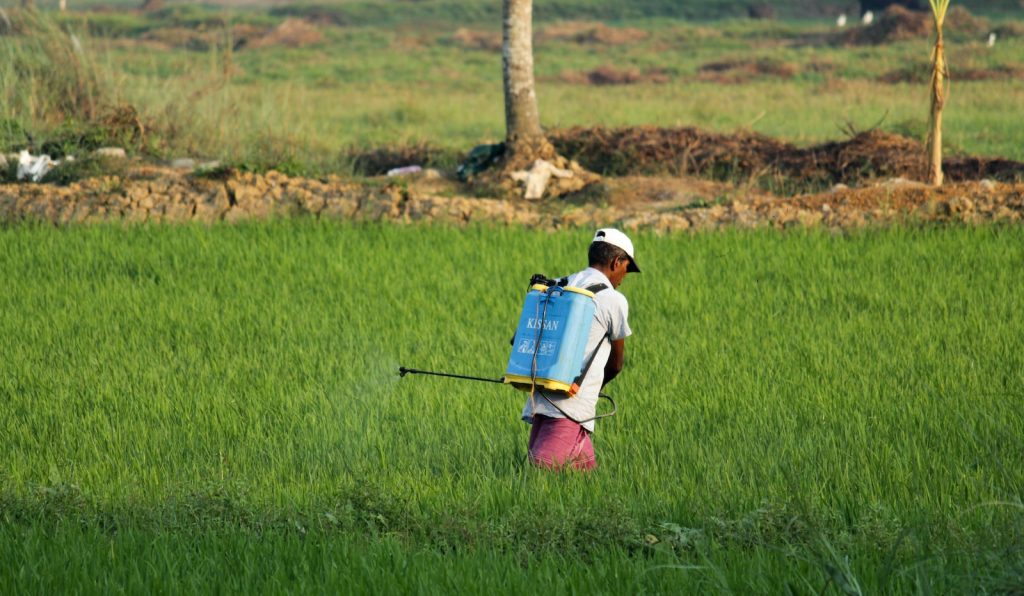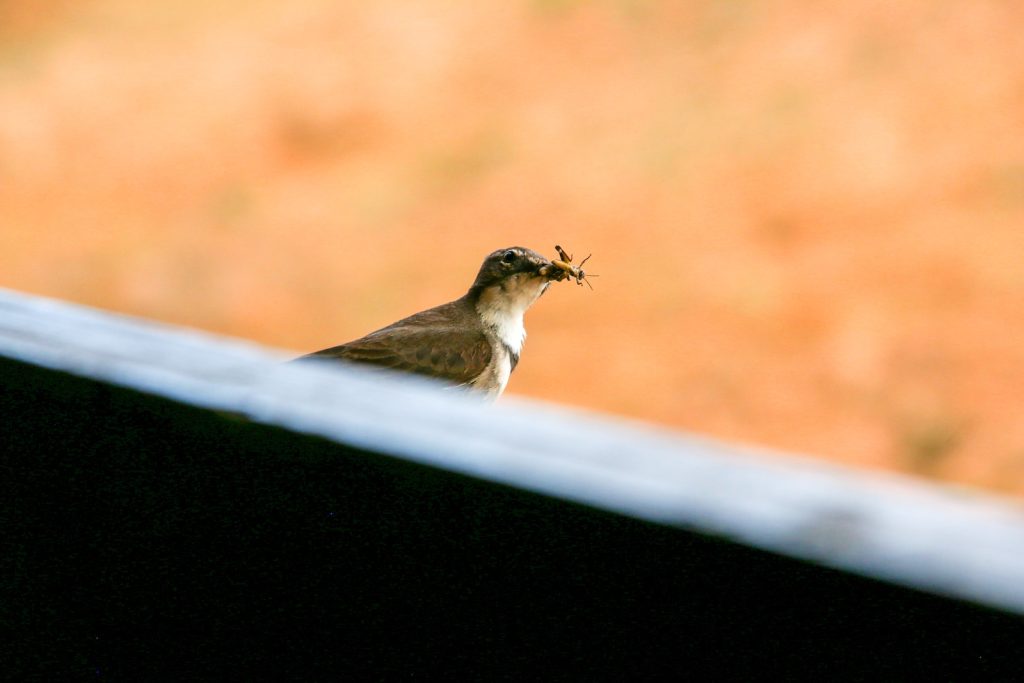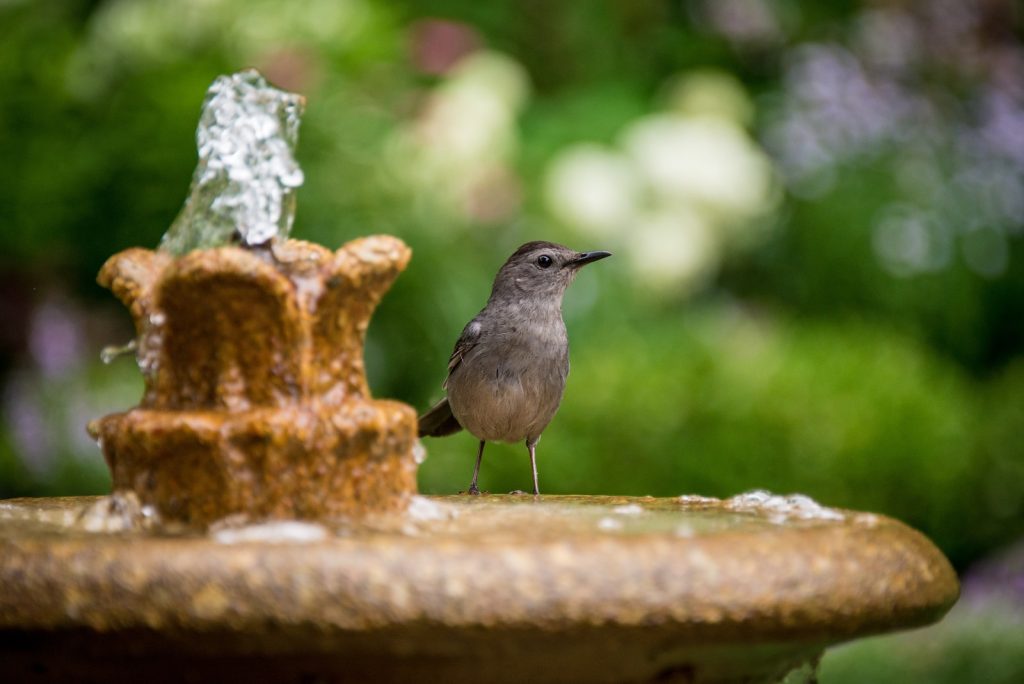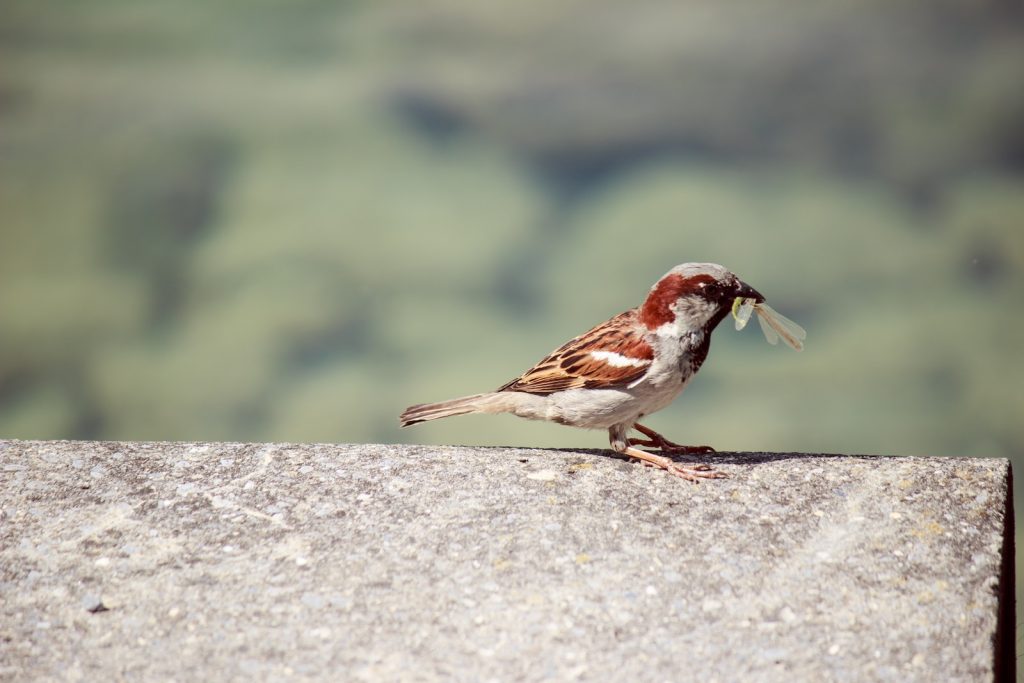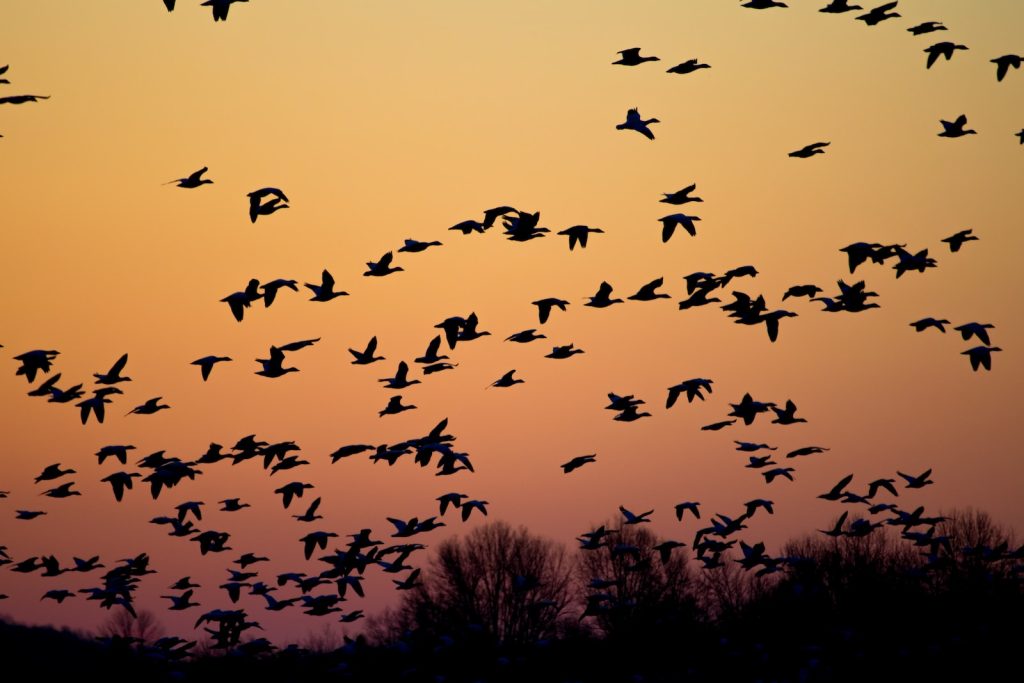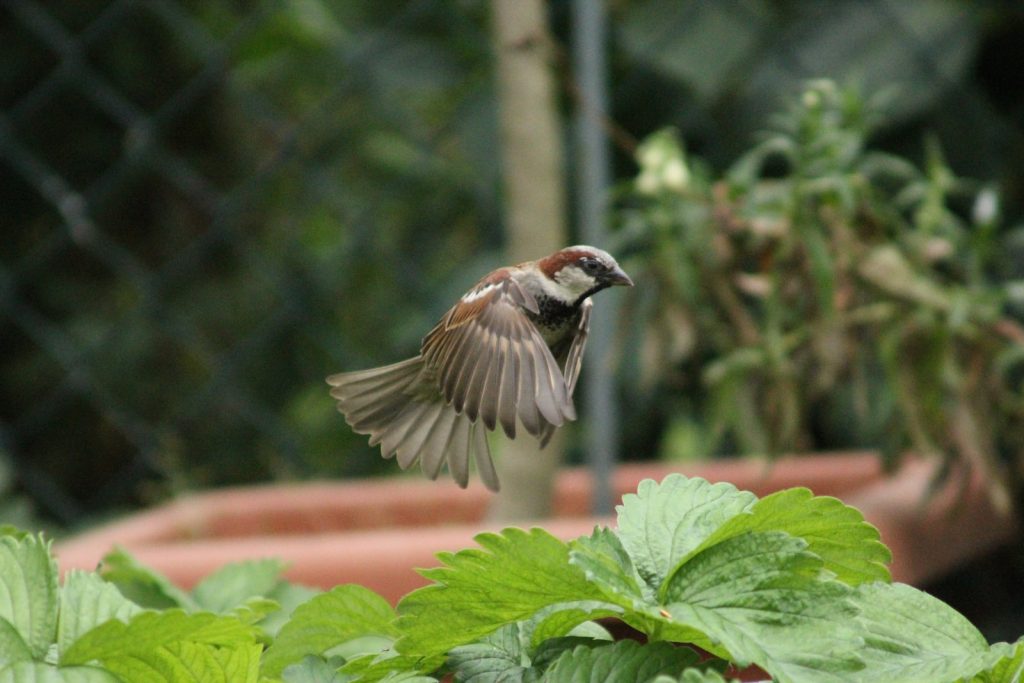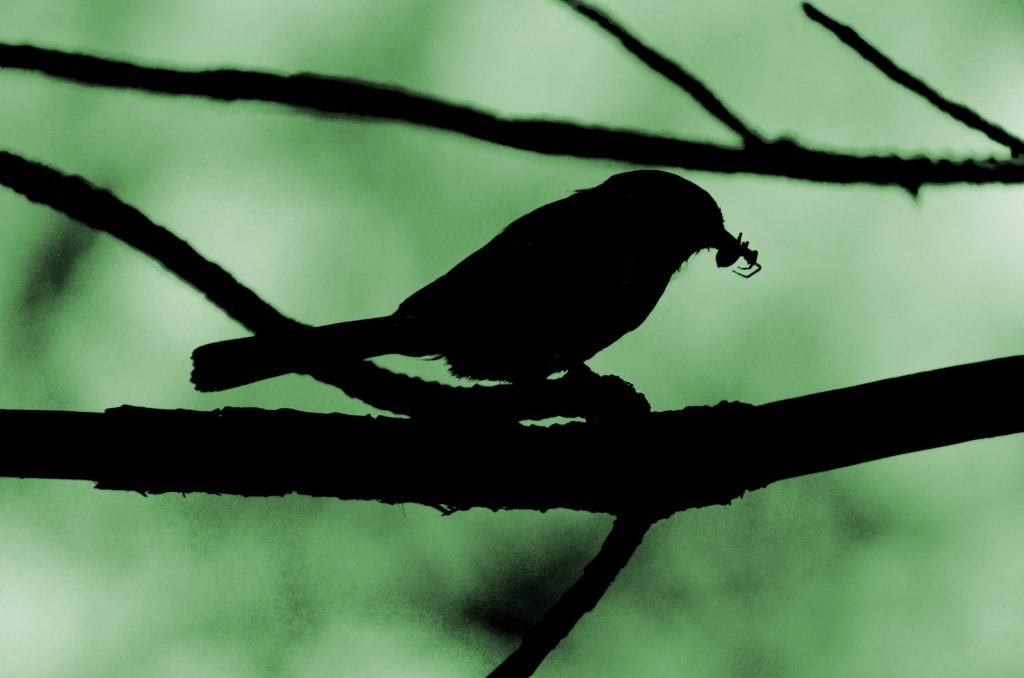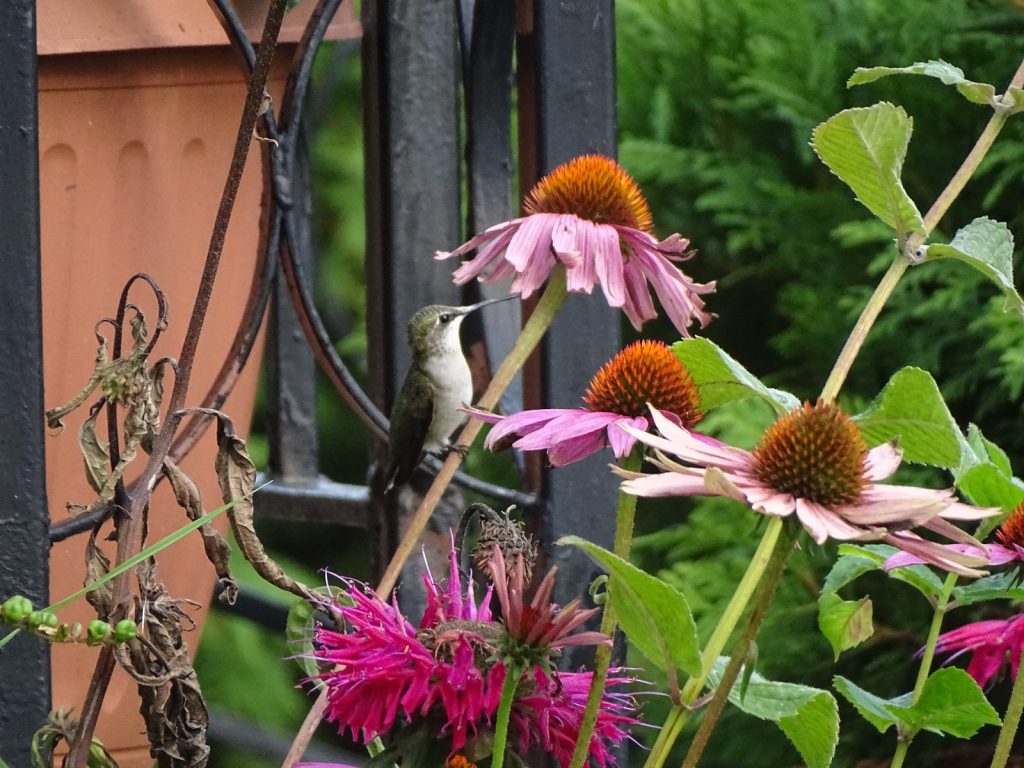Have you ever noticed how birds seem to have a knack for swooping in and saving your garden from pesky pests? Well, it turns out that these feathered friends play an important role in controlling garden pests. From feasting on insects to devouring snails and slugs, birds serve as natural pest control agents in your garden. In this article, we will explore the fascinating relationship between birds and garden pests, and how you can attract these helpful creatures to your outdoor space. So, grab your binoculars and get ready to discover the secret superheroes of the gardening world – the birds.
Common Garden Pests
Introduction To Common Garden Pests
In every garden, there will inevitably be a battle between plants and pests. These common garden pests can wreak havoc on your beloved plants, causing damage and hindering their growth. It is essential to identify these pests and understand their characteristics to effectively combat them.
Identification And Characteristics Of Common Garden Pests
Common garden pests come in various shapes and sizes, but they all share a common goal: to feast on your plants. From tiny aphids and caterpillars to larger pests like slugs and snails, these creatures can quickly multiply and cause significant damage. Understanding their characteristics, such as feeding habits, reproductive cycles, and preferred plants, can help you implement the most effective pest control strategies.
Impact Of Garden Pests On Plants
Garden pests pose a significant threat to the health and vitality of your plants. They can eat away at leaves, buds, and flowers, leading to stunted growth, wilted foliage, and even plant death. Moreover, pests can transmit diseases, further compromising the overall well-being of your garden. It is crucial to address these issues promptly and efficiently to maintain a thriving garden.
Natural Pest Control Methods
Introduction To Natural Pest Control Methods
While conventional pesticide treatments may effectively get rid of pests, they can also harm beneficial insects, disrupt the ecosystem, and potentially pose risks to human health. Natural pest control methods offer a more eco-friendly approach to managing garden pests. These methods harness the power of nature to control populations and keep gardens healthy.
Benefits Of Using Natural Pest Control Methods
One of the most significant advantages of natural pest control methods is their minimal environmental impact. By avoiding the use of chemical pesticides, you can protect beneficial insects, preserve the soil ecosystem, and maintain a healthy balance in your garden. Additionally, natural pest control methods often provide longer-term solutions by addressing the root causes of pest problems, leading to sustainable and resilient gardening practices.
Types Of Natural Pest Control Methods
There are numerous natural pest control methods available for gardeners to implement. Some of the most effective approaches include companion planting, which involves strategically placing plants that repel pests or attract beneficial insects next to vulnerable crops. Additionally, introducing predatory insects like ladybugs or lacewings into the garden can help control pest populations. Other methods include using organic insecticides, such as neem oil or soap sprays, as well as physical barriers like netting or row covers.
Birds As Natural Pest Control
Introduction To Birds As Pest Control
Nature has provided an incredible ally in the fight against garden pests – birds. Birds play a crucial role in controlling pest populations by preying on insects, larvae, and other small creatures that would otherwise wreak havoc on plants. Understanding the different types of birds that can act as natural pest control agents can help you create an environment that attracts and supports them.
Types Of Birds That Control Garden Pests
Several bird species are known for their pest control abilities. Bluebirds, swallows, chickadees, nuthatches, sparrows, finches, wrens, owls, and hawks are just a few examples. Each species has different feeding habits and preferences, targeting specific pests that they find particularly appetizing. By attracting and supporting these birds in your garden, you can enjoy their pest-controlling benefits.
How Birds Help In Controlling Pests
Birds provide a valuable service to gardeners by acting as natural pest control agents. They hunt and consume pests that can damage your plants, helping to regulate populations and reduce the need for chemical interventions. Birds are particularly effective at controlling pests that may be challenging to combat using other methods, such as caterpillars, snails, slugs, and insects that attack fruits and vegetables. By encouraging bird activity in your garden, you can establish a natural and sustainable approach to pest control.
Attracting Birds To Your Garden
Creating A Bird-friendly Garden
To make your garden an attractive haven for birds, there are several steps you can take. First and foremost, provide a variety of plant species that offer food and shelter. Native plants are often a favorite among birds, as they provide a familiar habitat and food sources. Additionally, create diverse vegetation layers, such as tall trees, shrubs, and ground cover, to accommodate different bird species with various feeding and nesting needs.
Providing Food And Water Sources For Birds
Birds need a reliable source of food and water to thrive and remain in your garden. Planting fruit-bearing trees, shrubs, and flowers can provide birds with natural food sources throughout the year. Supplementing their diet with bird feeders that contain seeds, suet, or nectar can help attract them as well. Similarly, providing a water source through birdbaths or shallow dishes of water will entice birds to stay, especially during hot and dry periods.
Creating Shelter And Nesting Spaces For Birds
Birds require suitable shelter and nesting spaces to feel secure and raise their young. Consider incorporating elements such as birdhouses, nesting boxes, or dense foliage where birds can build their nests. Each bird species has unique nesting preferences, so research the specific requirements of the birds you wish to attract to create optimum conditions.
Bird Species And Their Preferred Pests
Overview Of Bird Species And Their Favorite Pests
Different bird species have distinct preferences when it comes to their food sources. Understanding which pests each bird species targets can help you determine which birds to attract based on the pests you want to control in your garden. By selecting the right combination of bird species, you can effectively combat a wide range of garden pests.
Bluebirds And Their Preferred Pests
Bluebirds are known for their ability to control insects, particularly beetles, caterpillars, and grasshoppers. By attracting bluebirds to your garden, you can ensure your plants are protected from these common pests.
Swallows And Their Preferred Pests
Swallows are excellent at controlling flying insects, including mosquitoes, flies, and gnats. Their aerial acrobatics make them highly effective predators, reducing the nuisance of biting insects and pests that can transmit diseases.
Chickadees And Their Preferred Pests
Chickadees are small birds that feed on various insects, including aphids, caterpillars, and scale insects. They provide valuable pest control for garden plants, especially during the spring and early summer months.
Nuthatches And Their Preferred Pests
Nuthatches are known for their ability to extract insects from tree bark, making them highly effective at controlling pests like borers, weevils, and beetles. Their unique foraging behavior makes them beneficial allies in maintaining tree health.
Sparrows And Their Preferred Pests
Sparrows have a diverse diet that includes seeds, grains, and insects. They can help control a range of pests, such as grasshoppers, caterpillars, and beetles. While sparrows are not picky eaters, they can sometimes target crops, so proper bird control measures may be needed.
Finches And Their Preferred Pests
Finches primarily feed on seeds but will also consume insects and their larvae, including aphids, beetles, and mites. Attracting finches to your garden can provide effective control against various pests while adding a touch of beauty with their colorful plumage.
Wrens And Their Preferred Pests
Wrens are insectivorous birds that eat a wide variety of pests, including beetles, spiders, caterpillars, and grasshoppers. Their energetic foraging behavior makes them successful in keeping pest populations low.
Owls And Their Preferred Pests
Owls are nocturnal predators that have a taste for rodents like mice, rats, and voles. By attracting owl species such as barn owls or screech owls to your garden, you can control these pesky pests without relying on chemical methods.
Hawks And Their Preferred Pests
Hawks are raptors that prey on small mammals like mice, voles, and rabbits. Their hunting skills play a vital role in managing rodent populations, making them natural pest control agents in larger gardens or rural areas.
Migration Patterns And Seasonal Pest Control
Bird Migration And Its Impact On Pest Control
Migration is a natural phenomenon in the bird kingdom, with many species traveling vast distances between different regions. Understanding bird migration patterns can help you predict when certain birds will arrive in your garden and make the most of their pest control services during specific seasons.
Birds That Migrate And Their Roles In Different Regions
Certain bird species undertake annual migrations, moving from colder regions to warmer climates in search of food and breeding grounds. These migratory birds play essential roles in different regions by controlling specific pests during specific times of the year. By knowing which migratory birds pass through your area, you can anticipate their arrival and maximize the benefits they bring to your garden.
Seasonal Variations In Pest Control Effectiveness
Seasonal variations can affect the effectiveness of bird control methods. During the spring and summer months, when pests are most active, the presence of birds can be particularly beneficial. However, in colder climates or during winter, when many bird species migrate or have reduced activity, other pest control methods may need to be implemented to compensate for the decrease in bird activity.
Encouraging Bird Activity In The Garden
Choosing Bird-friendly Plants
Selecting plants that attract birds is a key step in encouraging their activity in your garden. Native plants and those that provide berries, seeds, or nectar are often favored by birds. Research the preferences of the bird species you wish to attract and incorporate plants that can serve as a food source or nesting habitat.
Creating Bird Baths And Water Features
Water is essential for birds, both for drinking and bathing. Installing bird baths or creating water features like small ponds or fountains can entice birds to visit and stay in your garden. Ensure that the water source is clean and regularly maintained to provide a healthy environment for birds.
Adding Bird Feeders And Providing Suitable Food
Bird feeders can supplement natural food sources, especially during lean times. Different bird species have varying dietary preferences, so choose feeders and food types that cater to the birds you want to attract. Common bird feeders include seed feeders, suet feeders, and hummingbird feeders, depending on the targeted species.
Potential Challenges And Solutions
Common Challenges In Attracting Birds For Pest Control
While attracting birds to your garden for pest control offers numerous benefits, it can also come with challenges. Some common challenges include competition with other wildlife for food, uncontrolled bird populations leading to potential damage to crops, and the risk of attracting unwanted pests. Addressing these challenges requires careful planning and proper management techniques.
Predatory Birds And Their Impact On Other Wildlife
Predatory birds, such as owls and hawks, can exert control over certain pests but may also prey on other wildlife that you may want to protect, such as songbirds or beneficial rodents. Balancing the presence of predatory birds with other measures, such as creating habitat diversity and implementing appropriate nest box placement, can help maintain a healthy ecosystem.
Solutions For Addressing Challenges And Conflicts
To address challenges and ensure a harmonious relationship with birds, consider implementing strategies such as proper bird feeder placement, using baffles or guards, and practicing good garden hygiene to minimize pest attractants. Additionally, monitoring bird populations and seeking advice from local bird experts or garden professionals can provide valuable insights and solutions specific to your region and garden.
Additional Considerations For Gardeners
Balancing Bird Presence And Garden Aesthetics
Integrating bird-friendly features into your garden does not mean compromising its beauty or aesthetics. With thoughtful planning, you can incorporate birdhouses, feeders, and water sources seamlessly into your garden design, creating an inviting space for both human and avian enjoyment.
Monitoring And Evaluating The Effectiveness Of Bird Control
Regular monitoring and evaluation are essential to gauge the effectiveness of bird control methods in your garden. Keep track of pest populations, plant health, and bird activity to assess the impact of birds as natural pest control agents. Adjusting your strategies based on the results can help optimize pest management and create a sustainable ecosystem.
Integrating Birds With Other Pest Control Methods
Birds provide an excellent complement to other pest control methods, such as biological controls, natural sprays, or physical barriers. Integrating birds into your overall pest control strategy can enhance its effectiveness, reduce reliance on chemical interventions, and promote a healthier garden ecosystem.
Conclusion
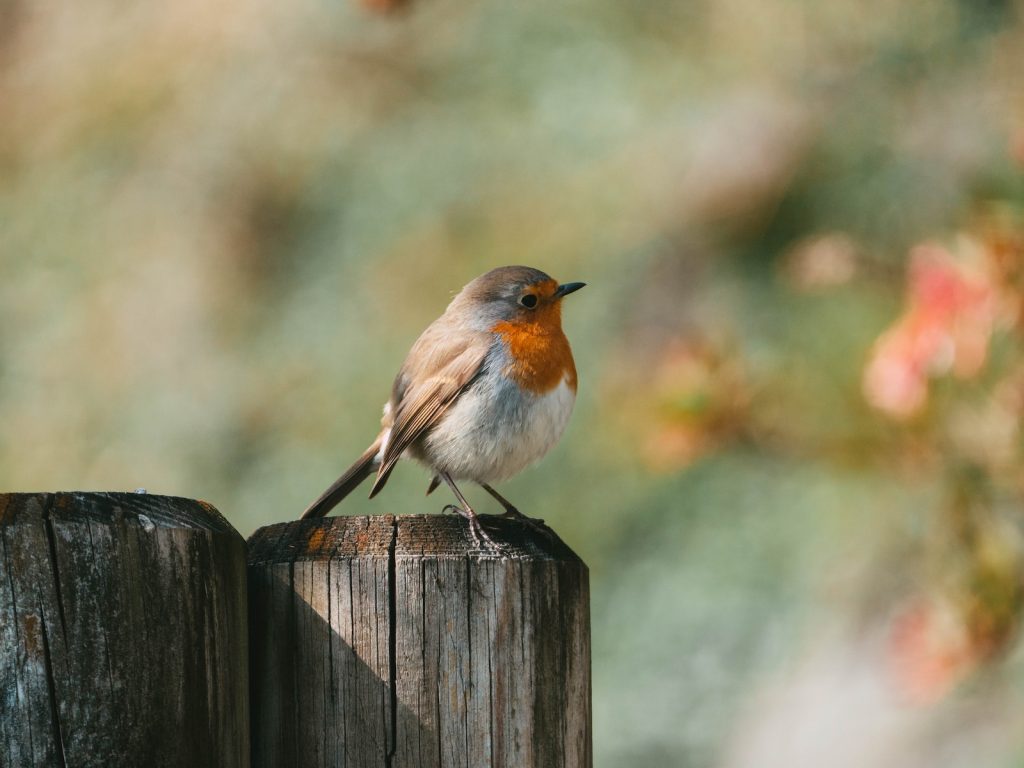
Birds are nature’s pest controllers and can play a vital role in maintaining a healthy and thriving garden. By understanding the common garden pests and the characteristics of different bird species, you can attract the right birds to help control specific pests. Creating a bird-friendly environment through the provision of food, water, shelter, and suitable plant species will encourage bird activity in your garden. Consider the challenges and potential conflicts associated with attracting birds and implement appropriate solutions. A well-balanced approach, integrating birds with other pest control methods, can lead to sustainable gardening practices and a mutually beneficial relationship between birds and gardeners.
© 2023 by gardener.wiki. All rights reserved. No part of this document may be reproduced or transmitted in any form or by any means, electronic, mechanical, photocopying, recording, or otherwise, without prior written permission of gardener.wiki.

